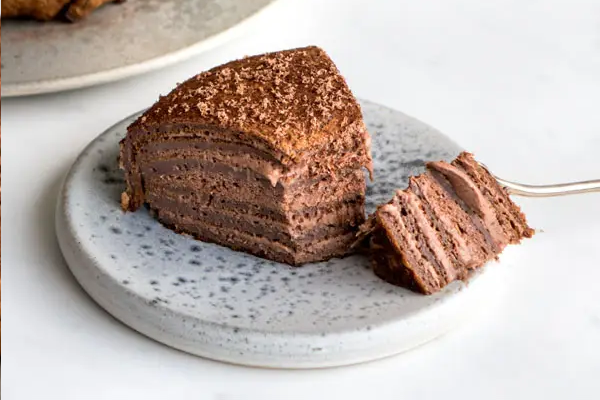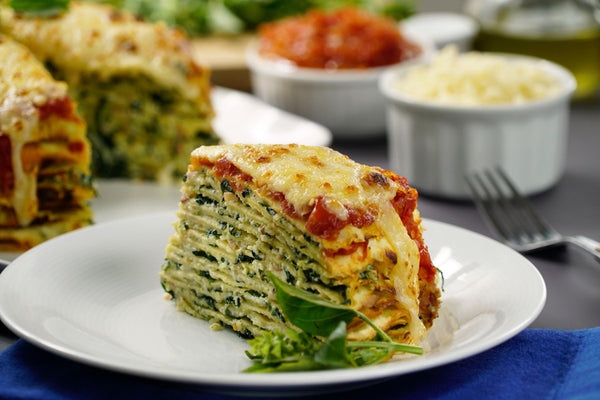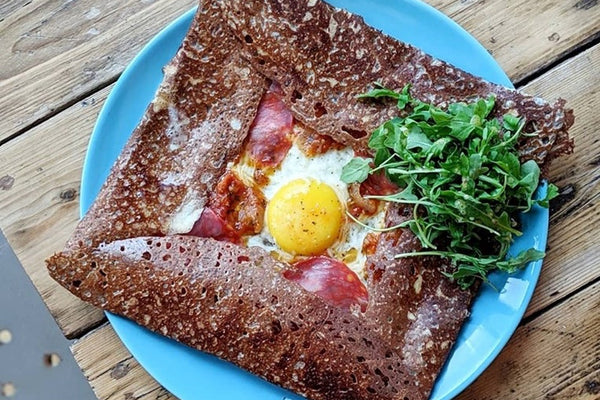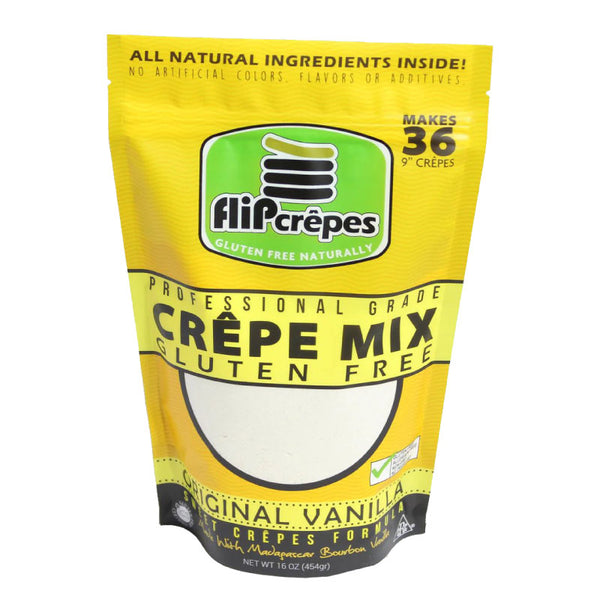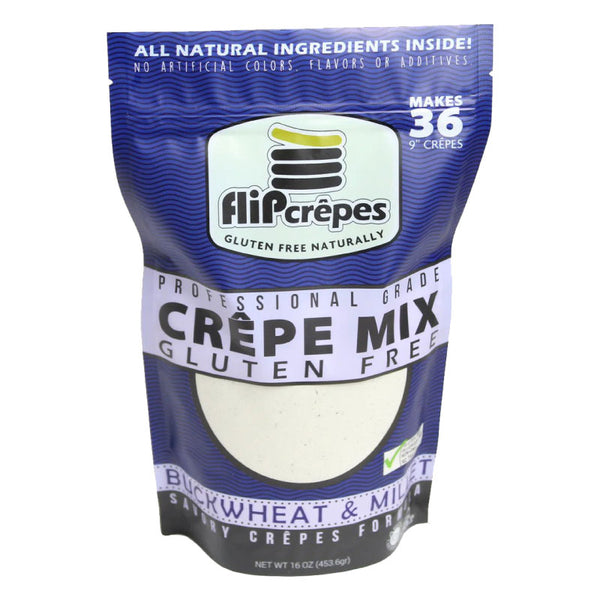For individuals with celiac disease, a gluten-free diet is a must. However, some celiacs may also experience dairy intolerance, leading to a more restricted diet. But what is the link between gluten and dairy intolerance, and what type of diet is best for those who have both?
Research has shown that there is a strong association between gluten intolerance and dairy intolerance, with approximately 50% of people with celiac disease also experiencing some degree of lactose intolerance. This is because the small intestine, which is already damaged by gluten in celiacs, may also have difficulty digesting lactose, a sugar found in milk and dairy products.
According to Dr. Alessio Fasano, director of the Center for Celiac Research at Massachusetts General Hospital, the damage caused by gluten in celiacs can also impact the body's ability to produce lactase, the enzyme needed to digest lactose. In his book "Gluten Freedom: The Nation's Leading Expert Offers the Essential Guide to a Healthy, Gluten-Free Lifestyle", Dr. Fasano explains that "When the small intestine lining has been damaged from gluten exposure, it may not be able to produce the lactase enzyme that's needed to digest lactose."
This link between gluten and dairy intolerance can make it difficult for some celiacs to follow a strictly gluten-free diet while still consuming dairy. Symptoms of dairy intolerance in celiacs can include bloating, gas, diarrhea, and abdominal pain.
So what type of diet is best for those with both gluten and dairy intolerance? A dairy-free and gluten-free diet is the best approach, which may seem challenging at first. However, there are many resources available to help with meal planning and finding suitable substitutes for dairy products. There are also many delicious gluten-free and dairy-free recipes available online and in cookbooks, such as "The Gluten-Free Dairy-Free Cookbook" by Denise Jardine.
It's important to note that not all celiacs will have dairy intolerance, and it's essential to work with a healthcare professional to determine any food intolerances or allergies. Additionally, a registered dietitian can provide guidance on meal planning and ensuring proper nutrient intake while following a restricted diet.
In conclusion, understanding the link between gluten and dairy intolerance in some celiacs can help individuals with celiac disease lead a healthier, more comfortable life. Following a dairy-free and gluten-free diet can be challenging, but with proper resources and guidance, it can be a manageable and delicious lifestyle change.
Sources:
- Fasano, A. (2014). Gluten Freedom: The Nation's Leading Expert Offers the Essential Guide to a Healthy, Gluten-Free Lifestyle. Wiley.
- Harvard Health Publishing. (2019, November). Going gluten-free just because? Here's what you need to know. Harvard Health Blog.
- National Institute of Diabetes and Digestive and Kidney Diseases. (2020, June). Lactose Intolerance.
- Jardine, D. (2010). The Gluten-Free Dairy-Free Cookbook: 100 Sensational Recipes from the Food Allergy Mama. Hachette Books.
